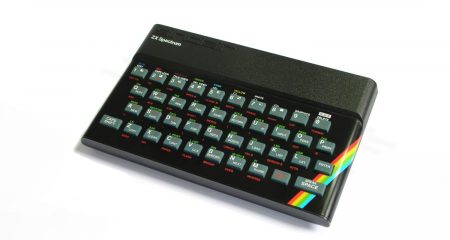
BlackBerry hasn’t ruled out the possibility of licensing its new operating system, BlackBerry 10 (BB10), to other smartphone manufacturers if the business model and timing for such a move were right.
“Licensing is part of our strategic review and we’re looking into this,” Heins tells TechCentral at BlackBerry’s Canadian head office. The move could make low-cost BB10 devices a reality without compromising BlackBerry’s own devices.
BlackBerry has announced only two BB10 devices so far: the touch-based Z10 and the Qwerty and touch hybrid, the Q10.
The Z10 is expected to be launched in South Africa at the beginning of March, with the Q10 said to follow in April. Both devices look set to be priced as premium products, positioning them against market leaders Samsung Electronics and Apple at the top end of the smartphone market.
BlackBerry’s most loyal base comes from users of its low-cost devices, including the Curve range of handsets. Although BlackBerry has said the older BlackBerry 7 (BB7) platform will be maintained for as long as there are customers using it — and has hinted it may even release new devices for the platform — current BB10 devices don’t offer users of lower-end devices a viable upgrade path.
The company has, however, expressed its wish for existing BB7 platform users to move to BB10 smartphones when they upgrade or replace their existing handsets. To this end, Heins says BlackBerry intends releasing half a dozen BB10 devices that will include a midrange device and possibly even one at the entry level.
Nevertheless, BlackBerry could potentially increase the impact and reach of its new operating system if it were to go the route of Google, with Android, and allow rival device manufacturers to build phones using the platform.
“It’s a question of the business model and timing,” Heins tells TechCentral. “When does the mobile computing market mature so much that it crosses the mobile communications market? That’s the trigger point when you could move to a licensing model.”
He says mobile operators in some markets are also moving away from subsidised handsets, meaning device manufacturers need to adjust their products accordingly. “If you want to be successful in those markets, you have to be relevant,” Heins says. “Your device can’t just be a gadget, it has to be relevant to people’s situations.” — (c) 2013 NewsCentral Media
- Craig Wilson travelled to Canada as a guest of BlackBerry’s




